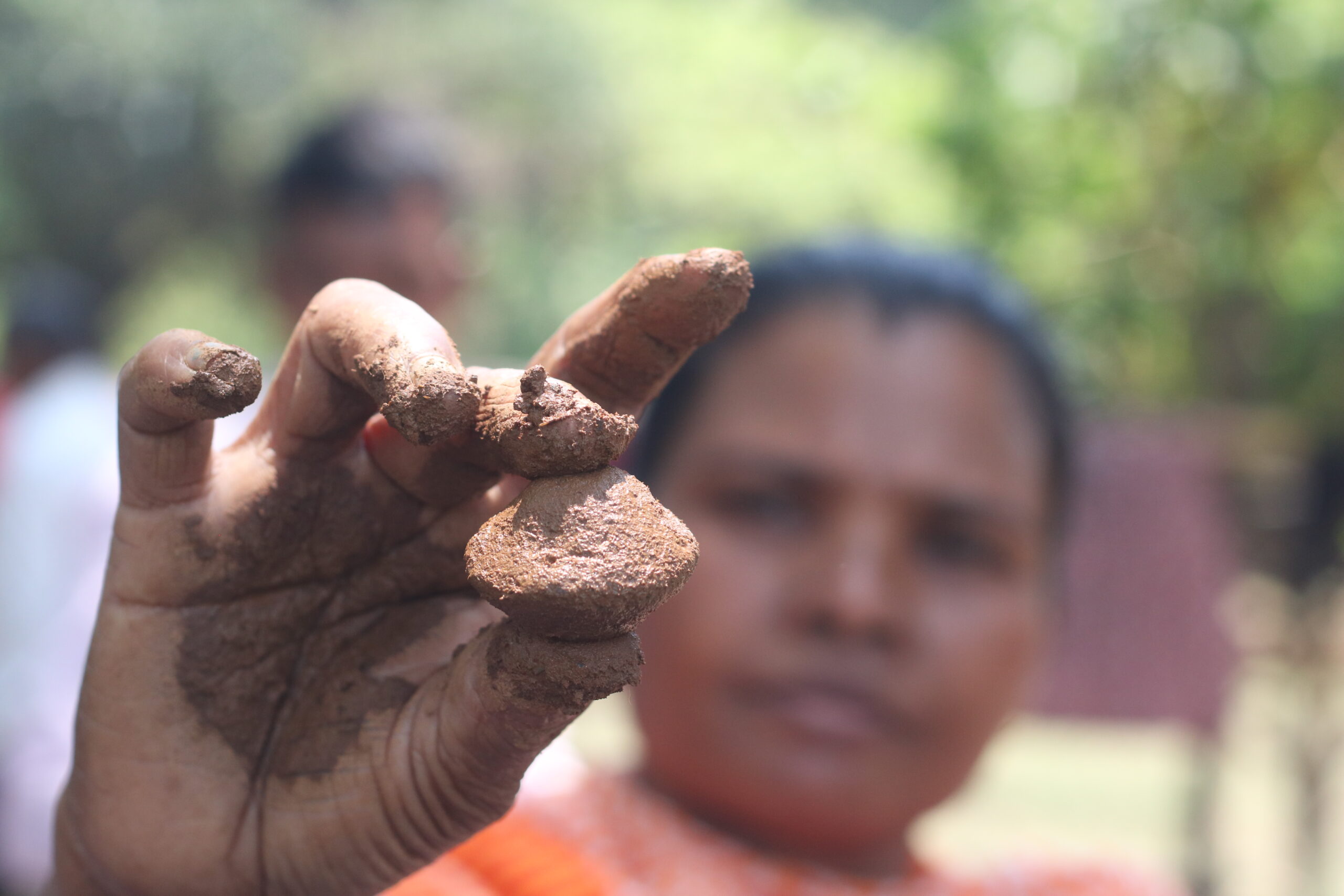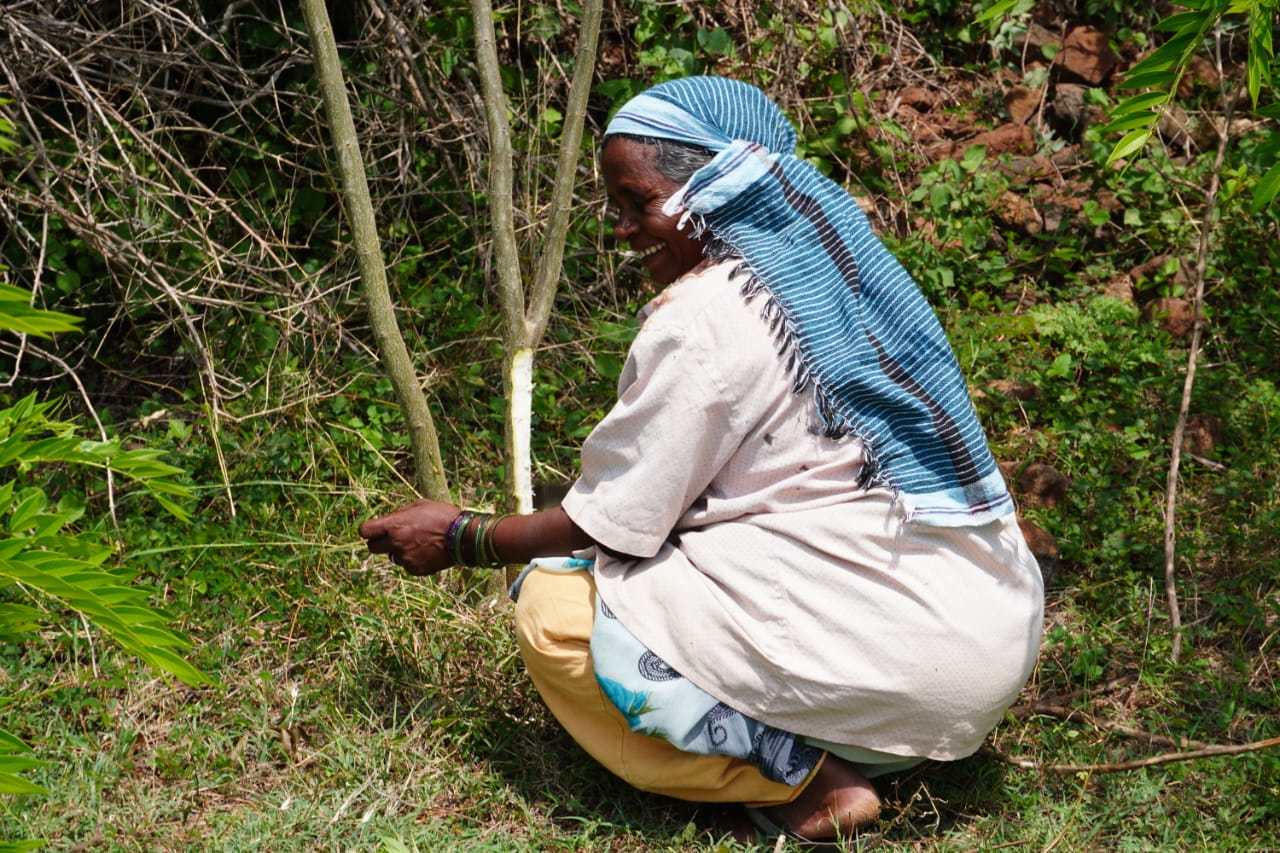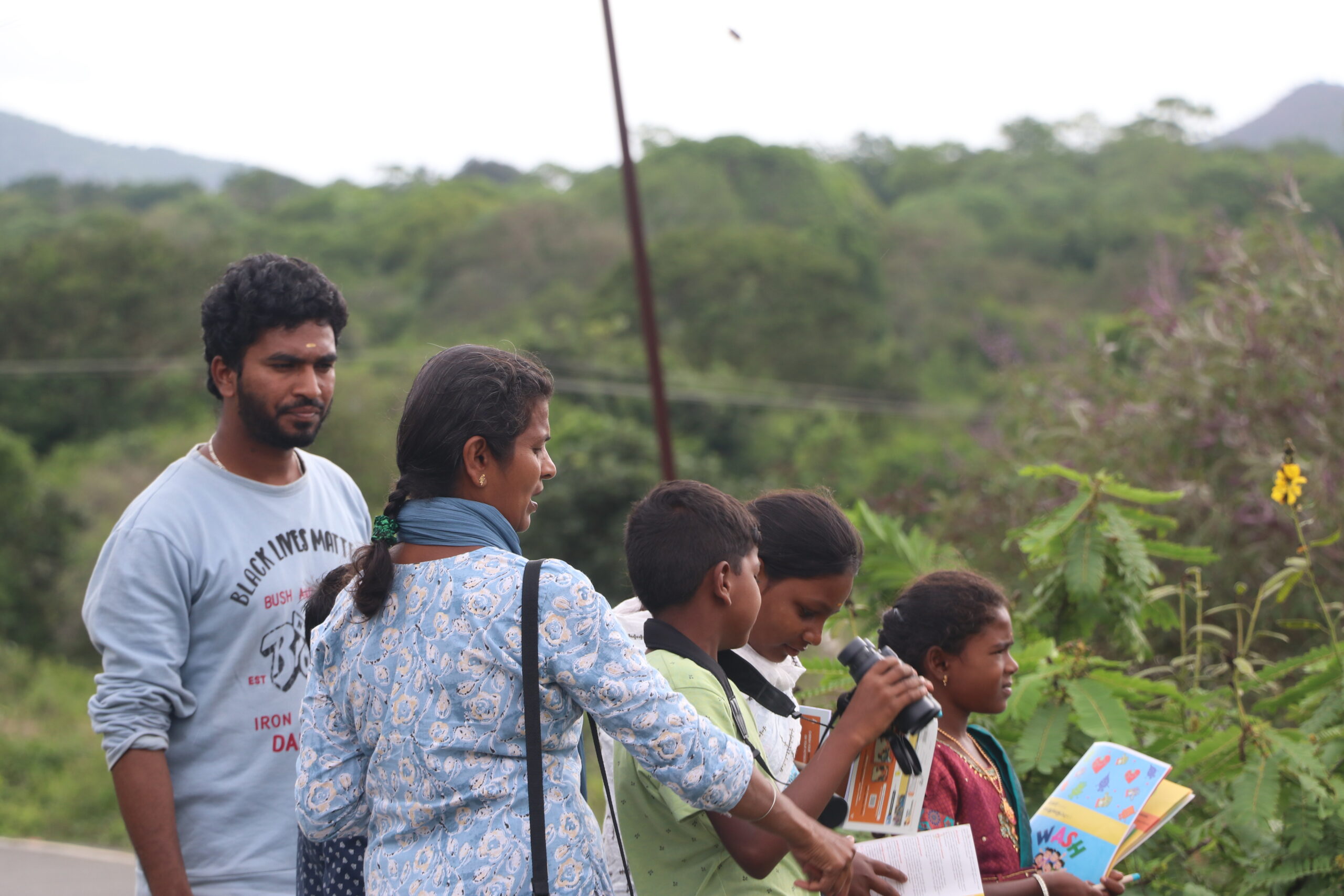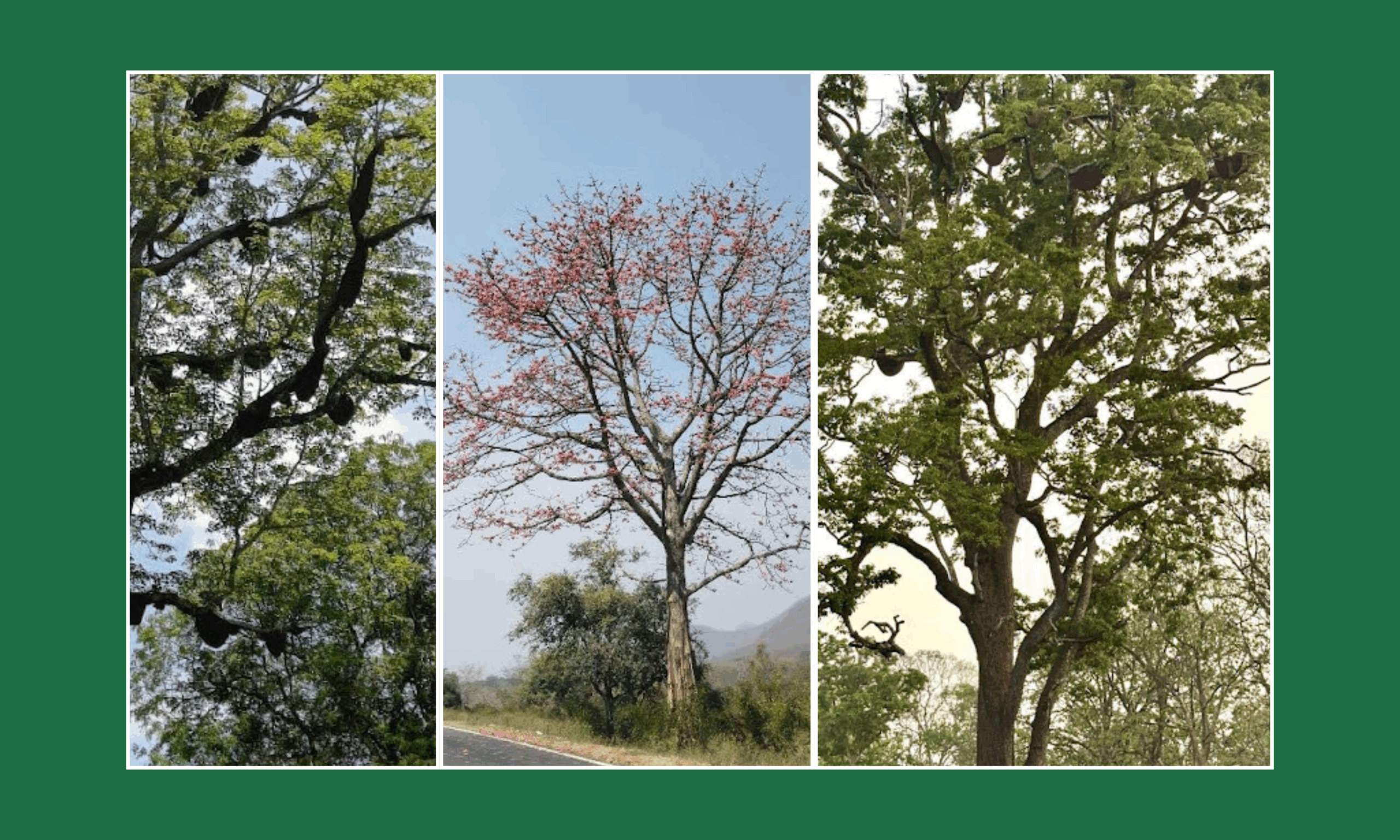By Rohan Mukerjee,Community Wellbeing
Hatnada, Seraikela-Kharsawan District, Jharkhand
24th and 25th April 2025
As the monsoon and Rainfed Agriculture season approach, Keystone Foundation’s Eastern India initiative held a two-day workshop and planning meeting in Hatnada village, Seraikela Block, Jharkhand—an ideal time to engage with the community despite the midday heat.In the forests of the area, Kurchi was abloom with its delicate white flowers, the Mahua trees, which had recently flowered, were now in leaf with most of the leaves having transitioned from a spectacular range of red hues to fresh green. endu trees were still bearing fruit, Char had just started to ripen, and mango trees hung heavy with raw fruits—perfect for making chutneys and refreshing juices.
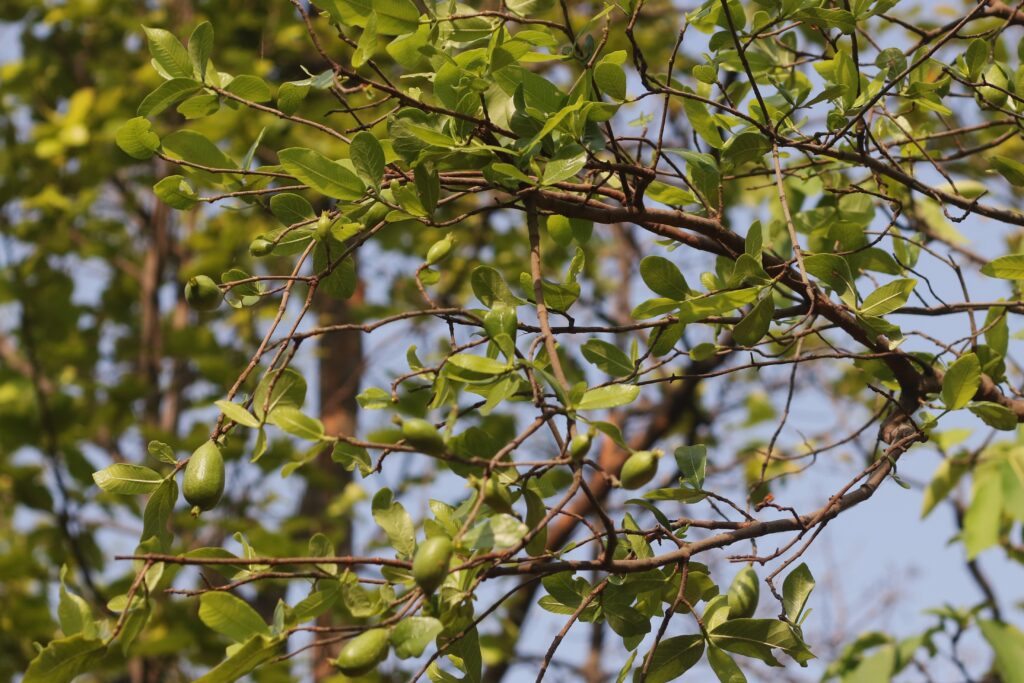
This workshop was a part of our sustained efforts to promote Agroecology approaches for sustainable agriculture, alongside gender-just community enterprises, conservation and management for forests, water sources and natural resources in Eastern India and Jharkhand in particular. The event was hosted by CRP Budheswar Mahato and his family and facilitated by Jagabandhu Sanda (Consultant, Eastern India), and Rohan Mukerjee (Programme Coordinator, Eastern India). It involved 19 CRPs and farmers from Musabani and Gurabanda Block of East Singhbhum District, Manoharpur Block of West Singhbhum District, Seraikela and Chandil Blocks of Seraikela-Kharsawan District and Sundar Pahari Block of Godda District, Jharkhand came together in Hatnada village.
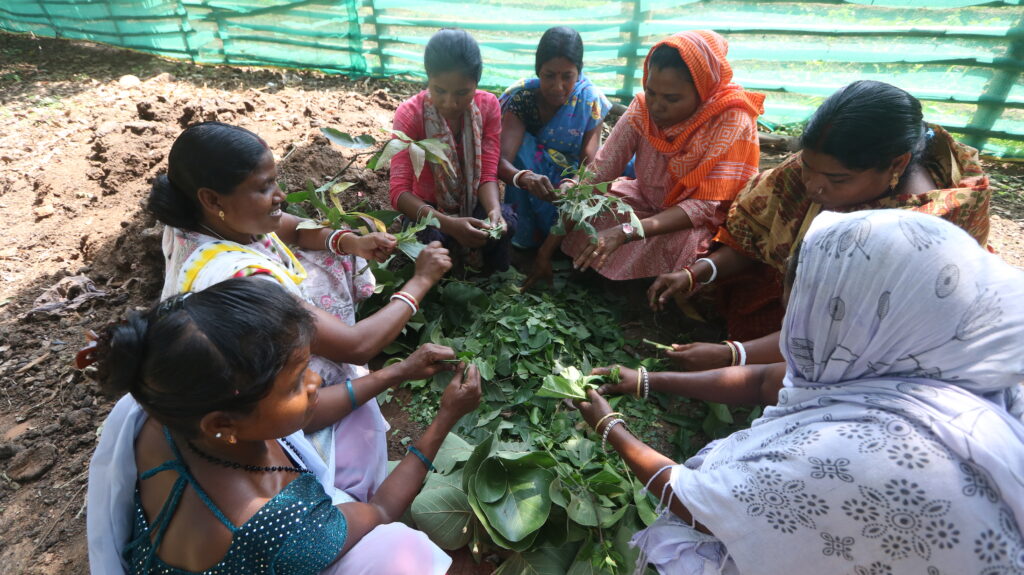
The program started with participants renaming themselves after favorite fruits, with mango being the most popular. Sohon Singh Sardar chose Bhurru, a wild fruit from their forests. He noted that while Kendu is still plentiful, Bhurru has declined due to overuse as livestock fodder and consumption by bears and monkeys.
Forest communities shifting from subsistence to market-based livelihoods face erosion of traditional food systems and threats to fragile socio-ecological ecosystems. Dependence on forest produce and rainfed agriculture is being replaced by commercial activities like firewood sale, causing forest degradation. Forests provide vital resources like water and soil fertility essential for agriculture. Keystone-supported villages actively conserve forests, banning commercial firewood sales and promoting alternative livelihoods. However, modern agriculture practices relying on hybrid seeds and chemicals threaten local biodiversity and increase vulnerability to climate change. Keystone Foundation works closely with communities to promote sustainable agriculture, forest conservation, and gender justice through training and participatory workshops.
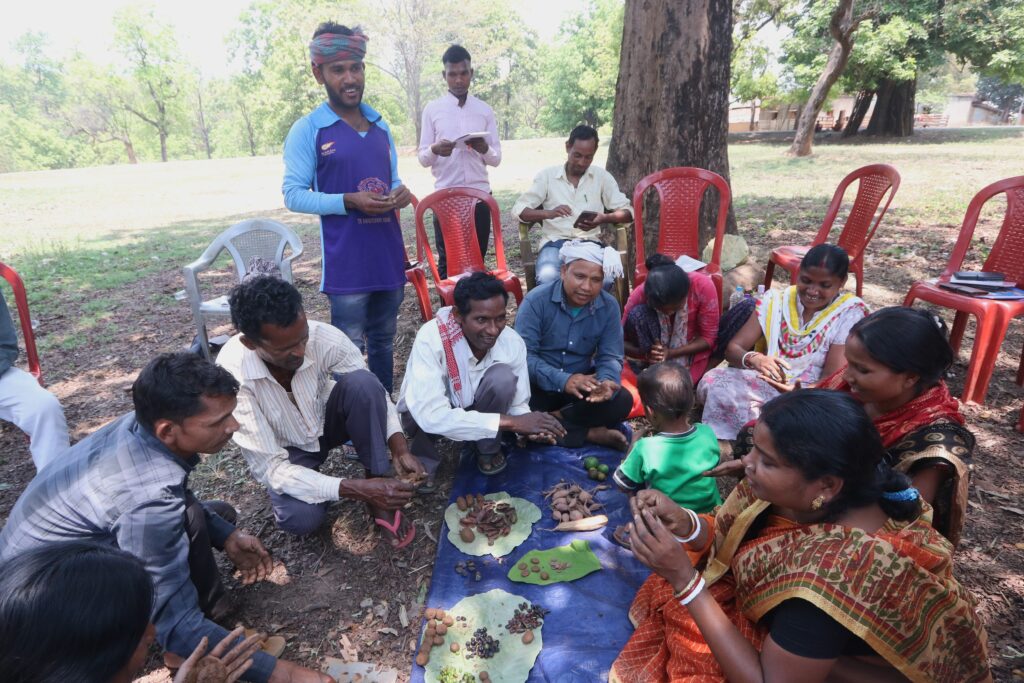
Photo Credits By Rohan Mukerjee
Read the Full Report Below:

